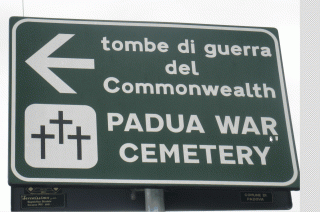 COMMONWEALTH MILITARY CEMETERY
COMMONWEALTH MILITARY CEMETERY
By Gordon Duff STAFF WRITER/Senior Editor
I had spent the evening before in Verona, half an hour east of Vicenza. Venice is only a few minutes the other direction, a quick run down the Autostrada. The first time I visited Venice, I was staying in Maestra, a town a few miles away. It was middle of the winter and I had rented an apartment for next to nothing, high ceilings, flock wall paper, lots of furniture. It was a couple of Lira to Venice by bus, now a Euro. Bus is recommended as the parking lot across off the Venice causeway is fairly expensive. Bus is fun.
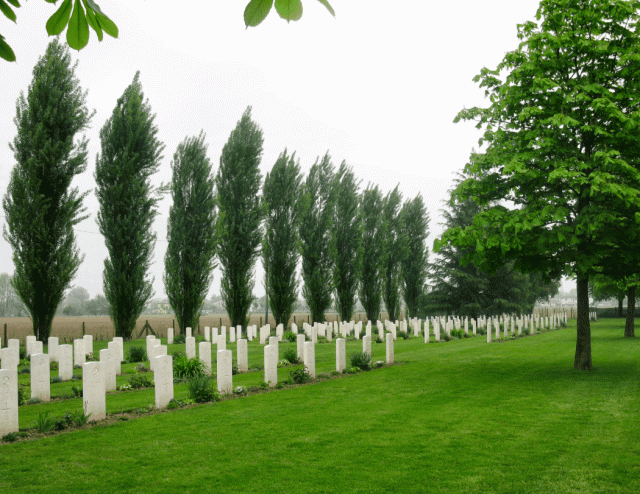
Running around Venice in the middle of the night, in a fog, is an adventure. You are continually lost. I recommend this to anyone. Being lost in Venice is the only way to see it, otherwise, you are doing “Disney Venice,” with a map in one hand and getting in line for “attractions.” At night, Venice is the Venice out of “Don’t Look Now,” the Donald Sutherland, Julie Christie movie about the serial killer dwarf.
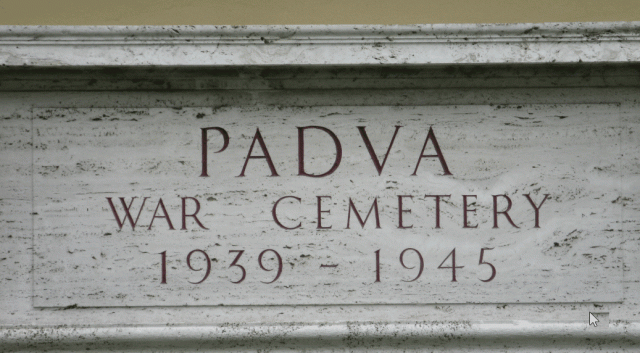
Padua is 20 miles south of Vicenza and Camp Ederle, the American military facility. The town was, according to semi-history, built by the Trojans, prior to the classical era of Greece, well before 1000 BC. (BCE) Padua is a great day trip, but this wasn’t what today was about. Outside of town there is a Commonwealth Military Cemetery from World War II.
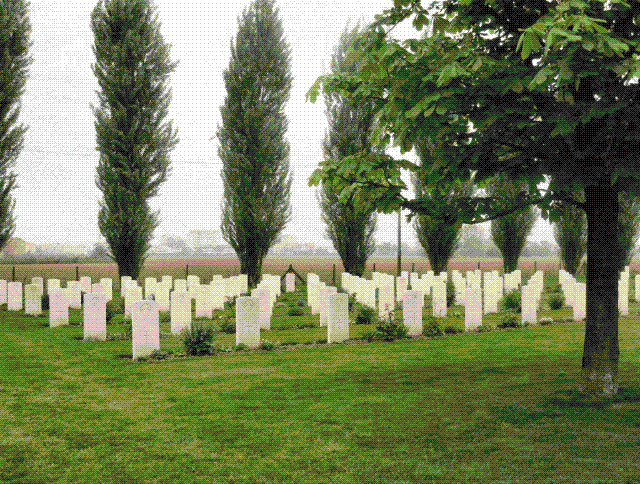
Without a car, there is no way of getting there. There is also no way of finding it without help. I cruised around until I found a sign, then down a two lane outside of town and pulled into the tiny parking lot. There was a sign in book, guestbook, which had recent signatures. This was good to see.
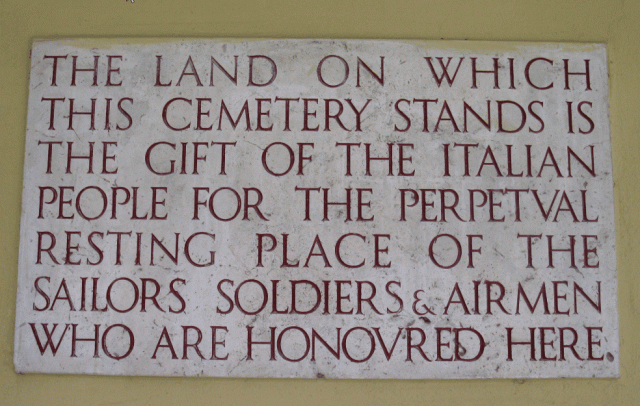
These were Commonwealth troops, Brits, Canadians, Australians, Indians (and Pakistan) mostly. This many years later, the graves were tended well, families still visited and some of the graves had flowers. The stones were personalized, something never seen in an American military cemetery.
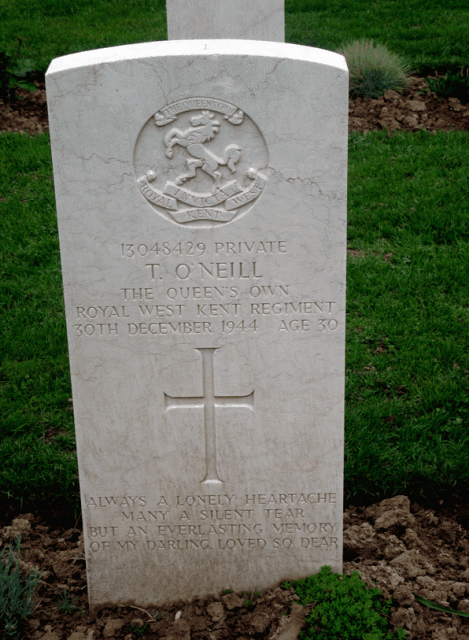 It was a drizzly day and I had a boat to catch in Ancona, several hours south. However, I walked the grounds, shot dozens of photos and signed the guestbook. This is a small facility, out of the way. There are so many of these in Europe, not dozens, maybe hundreds, I am not sure anyone counts. So many are in Belgium from both wars, they line some roads for miles.
It was a drizzly day and I had a boat to catch in Ancona, several hours south. However, I walked the grounds, shot dozens of photos and signed the guestbook. This is a small facility, out of the way. There are so many of these in Europe, not dozens, maybe hundreds, I am not sure anyone counts. So many are in Belgium from both wars, they line some roads for miles.
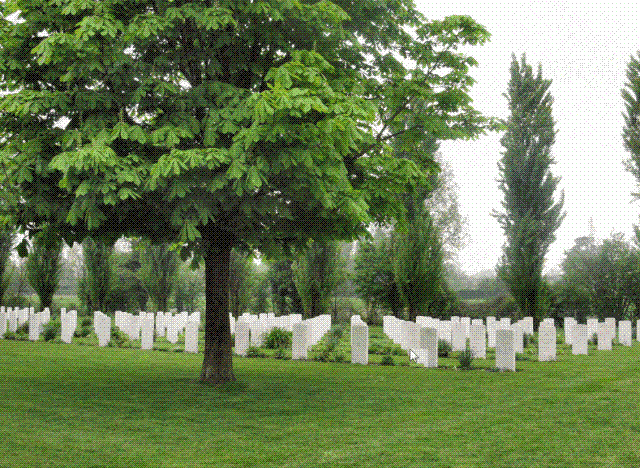
I headed out the the gate, through the small yellow building. Were paper poppies made into wreaths there, I don’t know for how long. I would be in Greece tomorrow. Crossing the Adriatic by ferry had become a routine, much easier than driving through Serbia or Bosnia, fewer land mines.
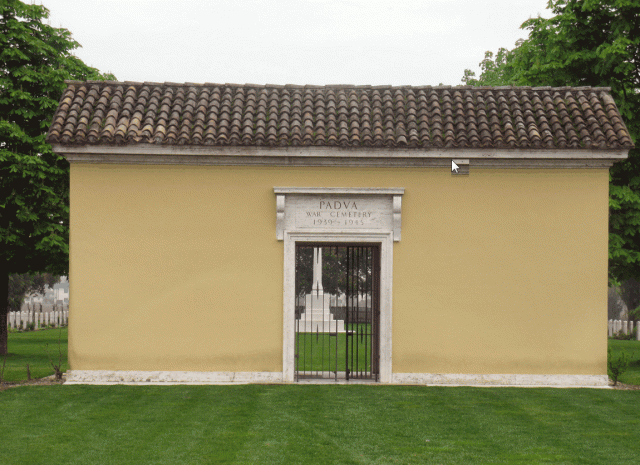
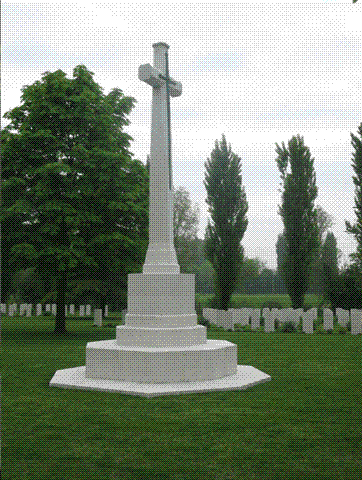
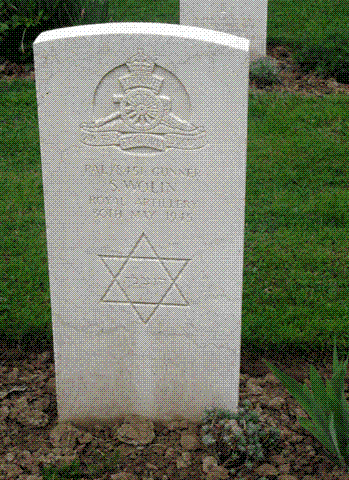
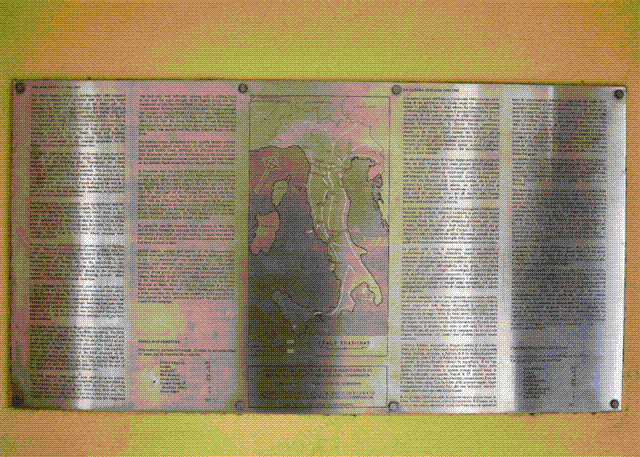
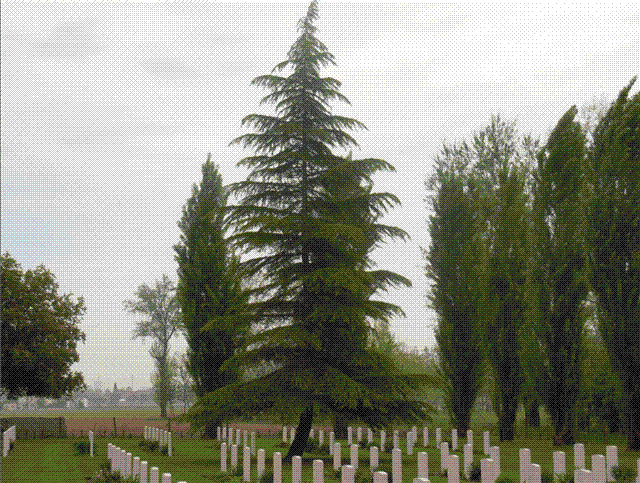
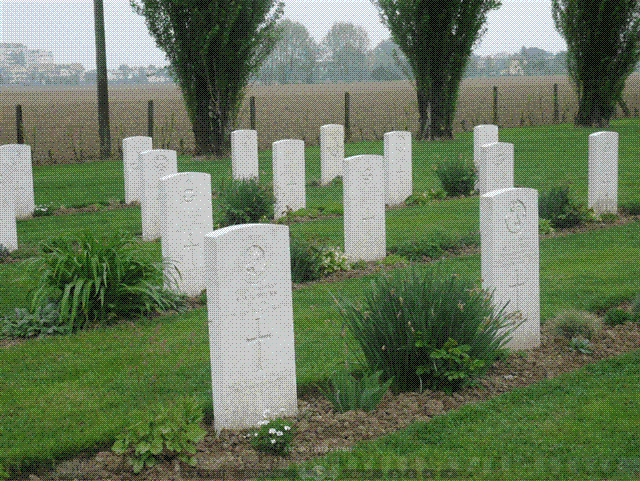
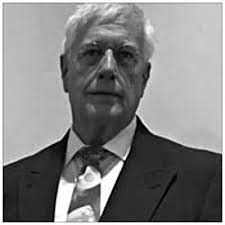
Gordon Duff posted articles on VT from 2008 to 2022. He is a Marine combat veteran of the Vietnam War. A disabled veteran, he worked on veterans and POW issues for decades.
Gordon is an accredited diplomat and is generally accepted as one of the top global intelligence specialists. He manages the world’s largest private intelligence organization and regularly consults with governments challenged by security issues.
Duff has traveled extensively, is published around the world, and is a regular guest on TV and radio in more than “several” countries. He is also a trained chef, wine enthusiast, avid motorcyclist, and gunsmith specializing in historical weapons and restoration. Business experience and interests are in energy and defense technology.
ATTENTION READERS
We See The World From All Sides and Want YOU To Be Fully InformedIn fact, intentional disinformation is a disgraceful scourge in media today. So to assuage any possible errant incorrect information posted herein, we strongly encourage you to seek corroboration from other non-VT sources before forming an educated opinion.
About VT - Policies & Disclosures - Comment Policy



